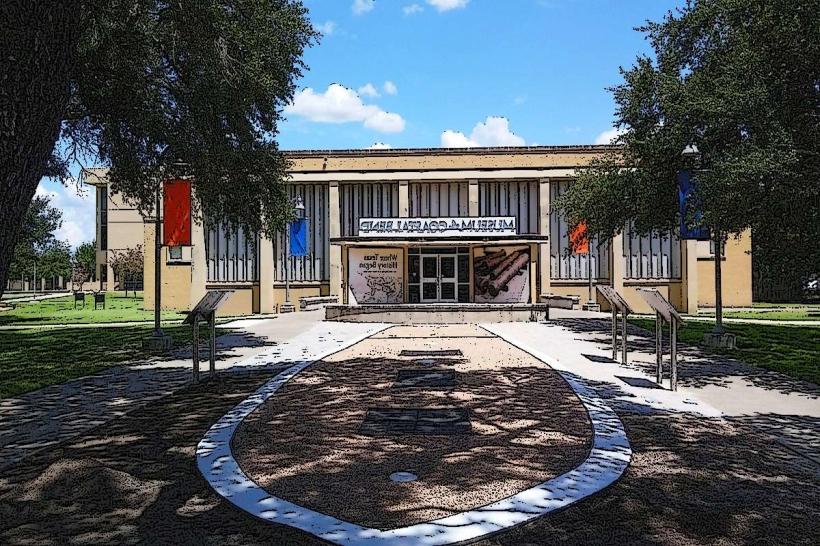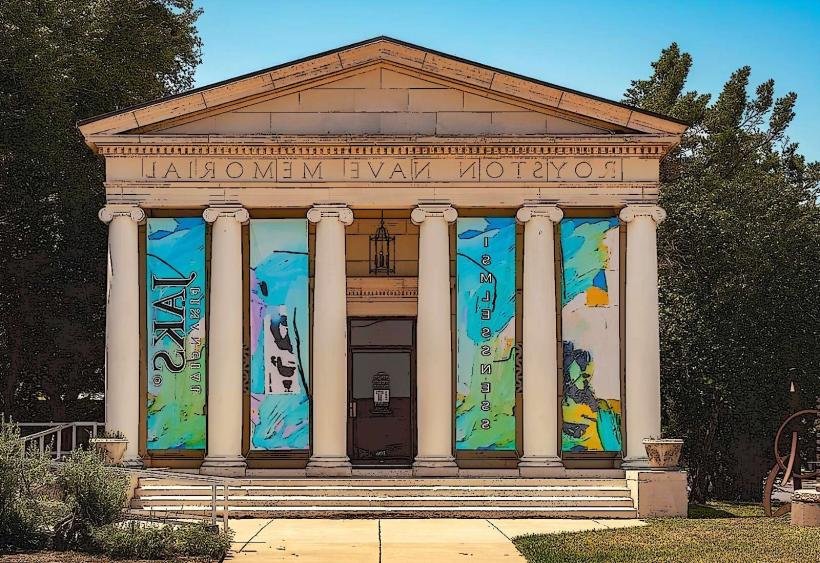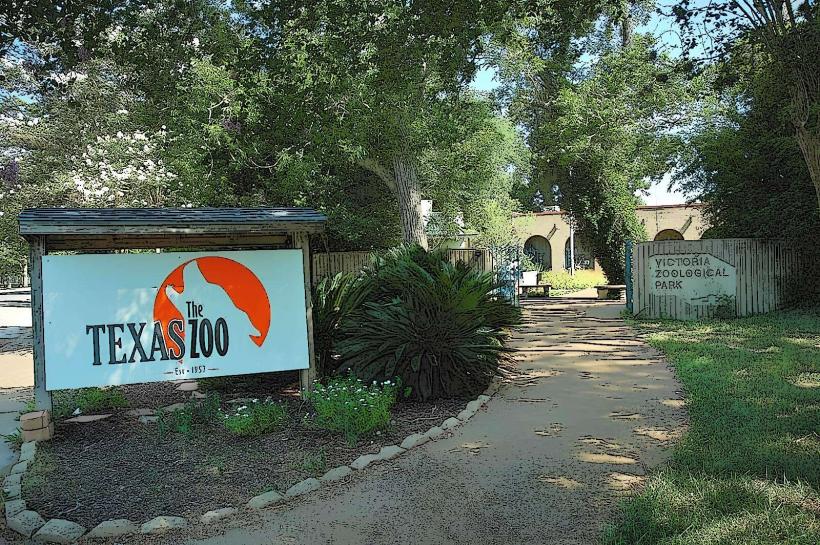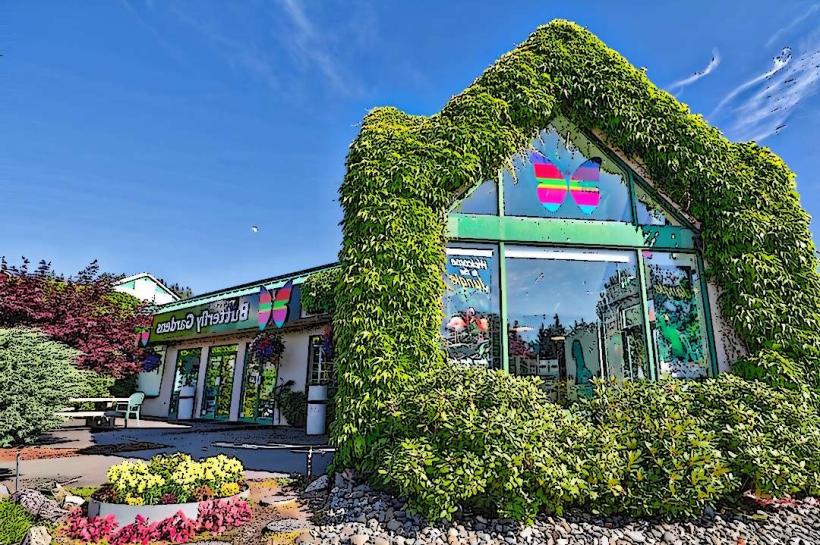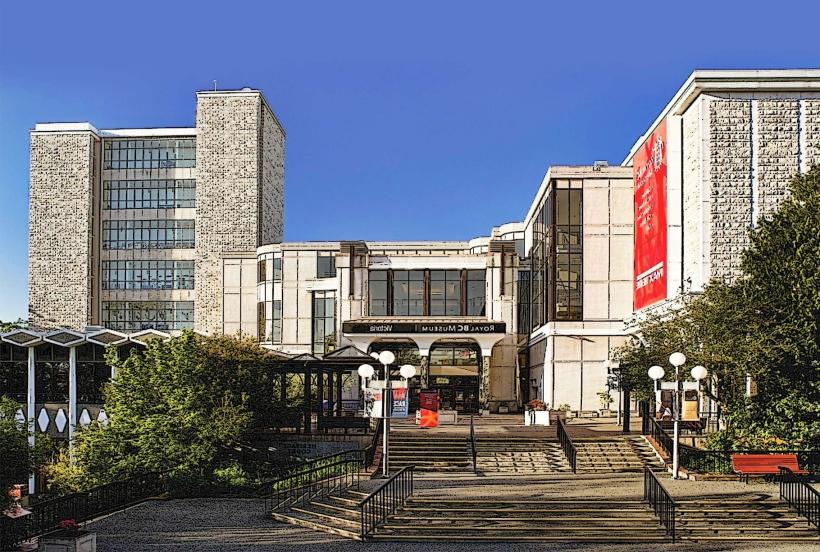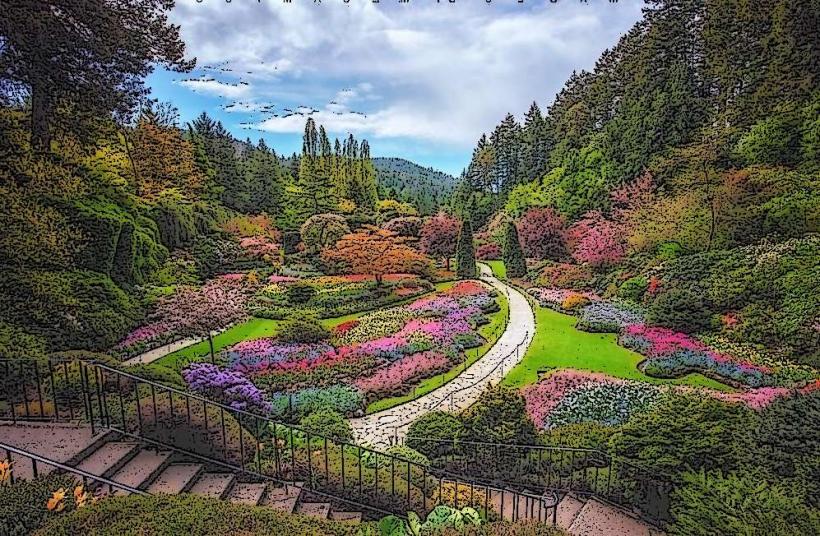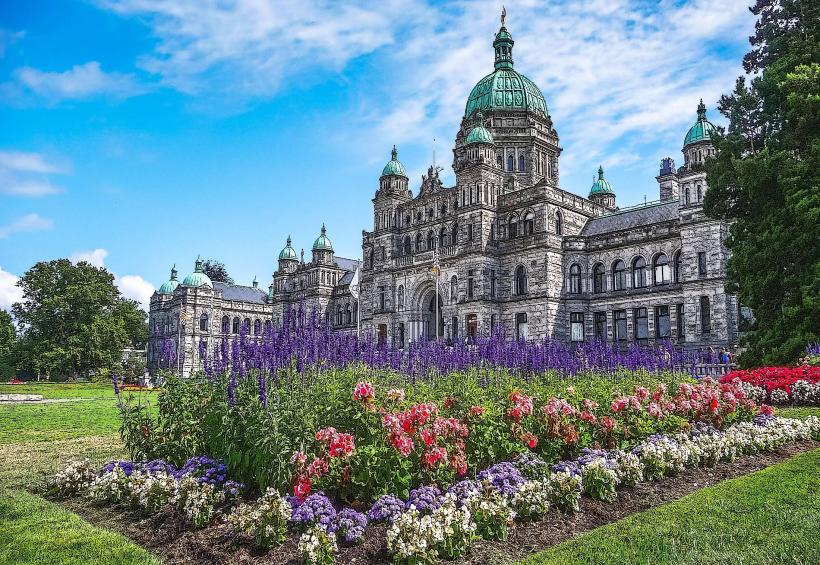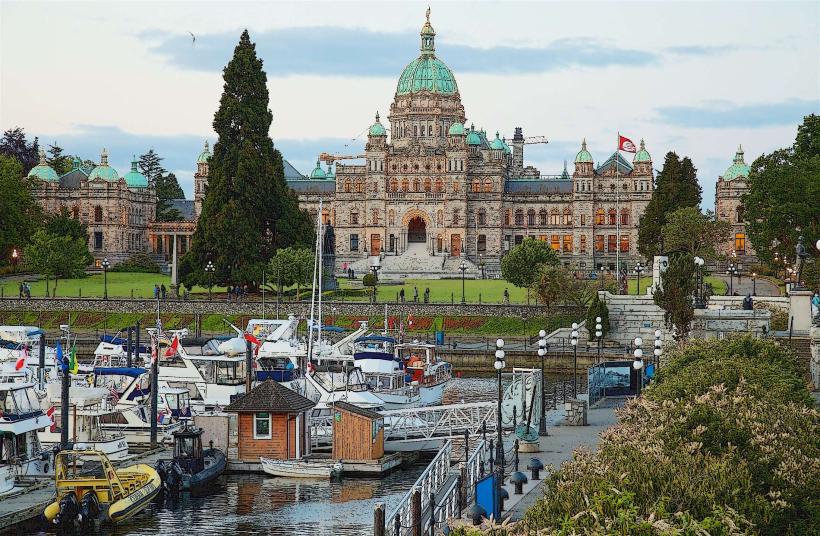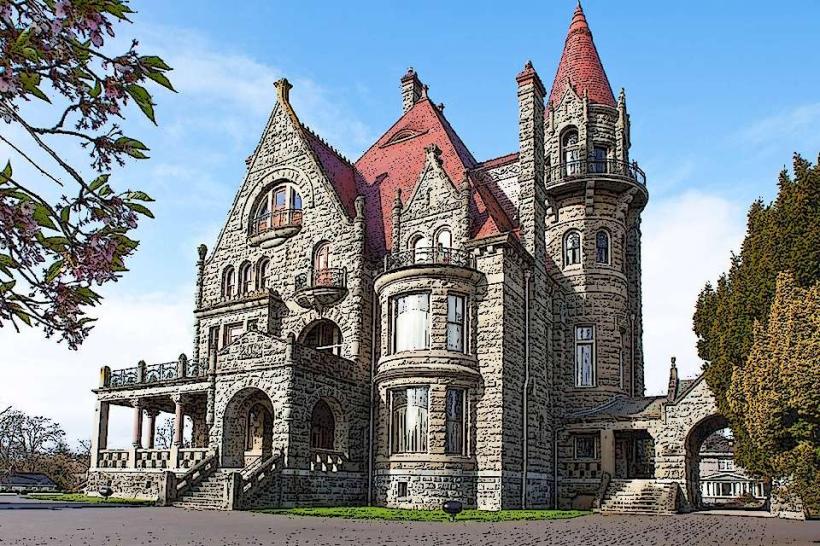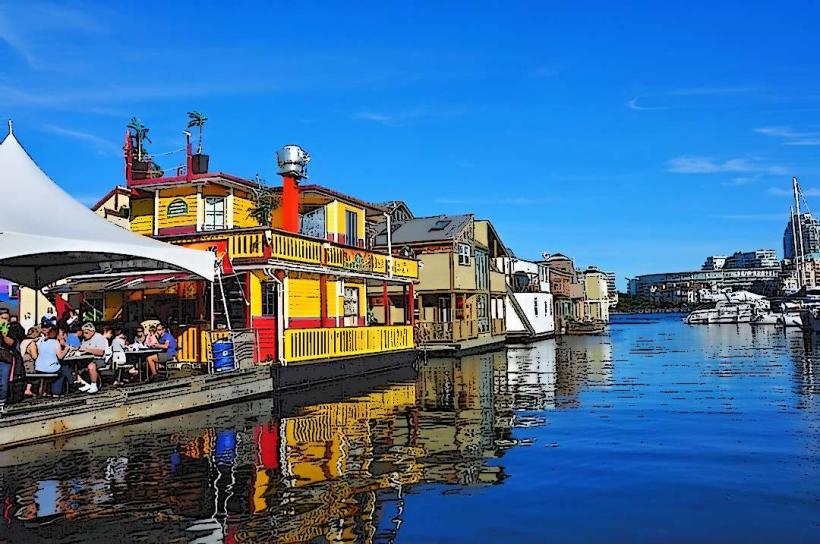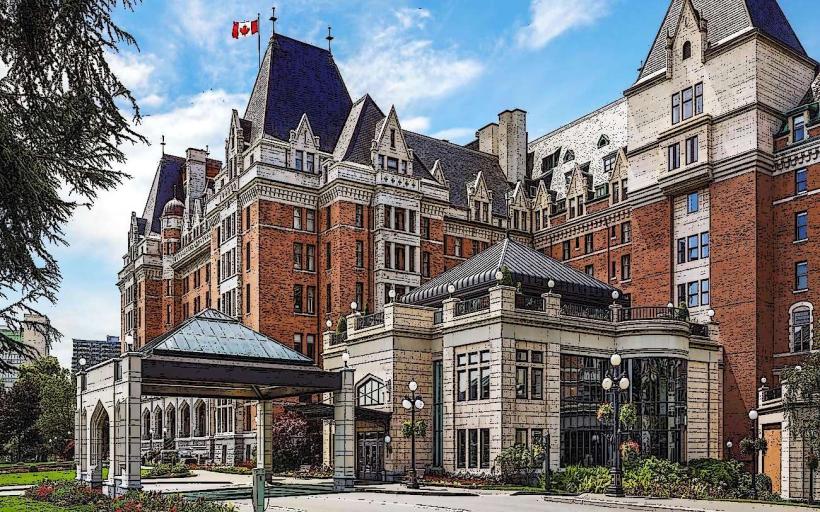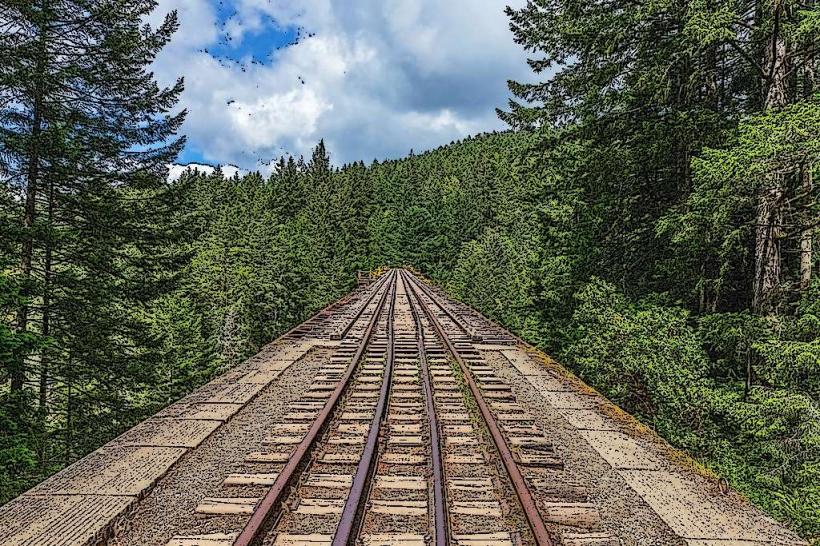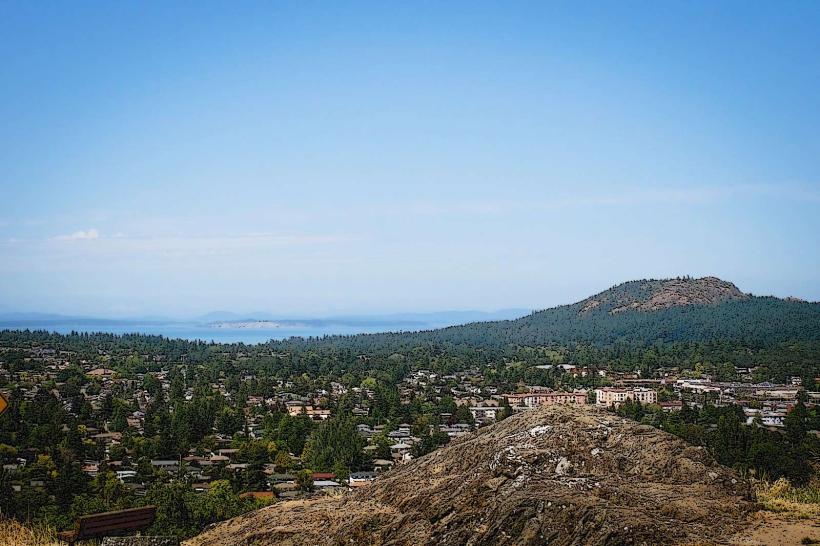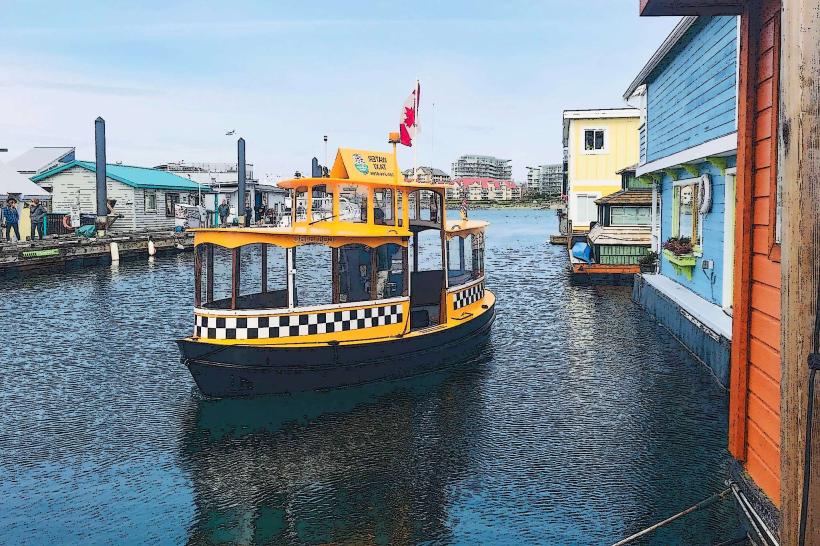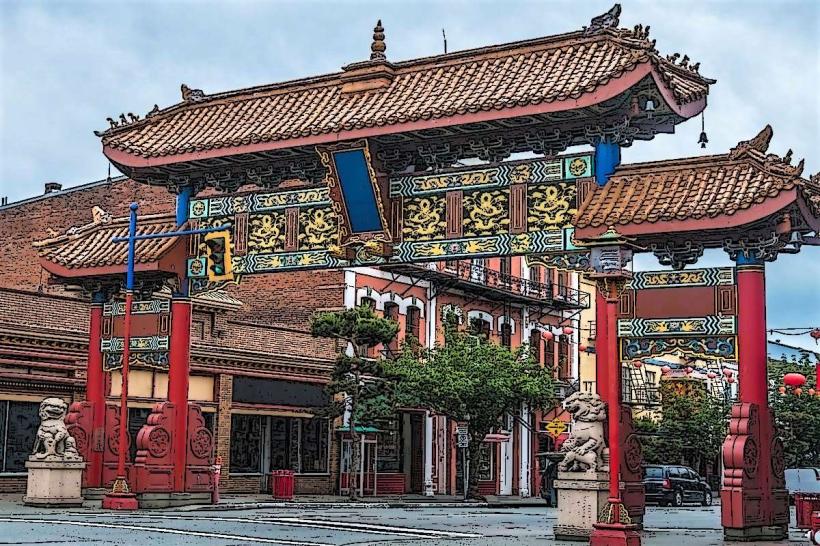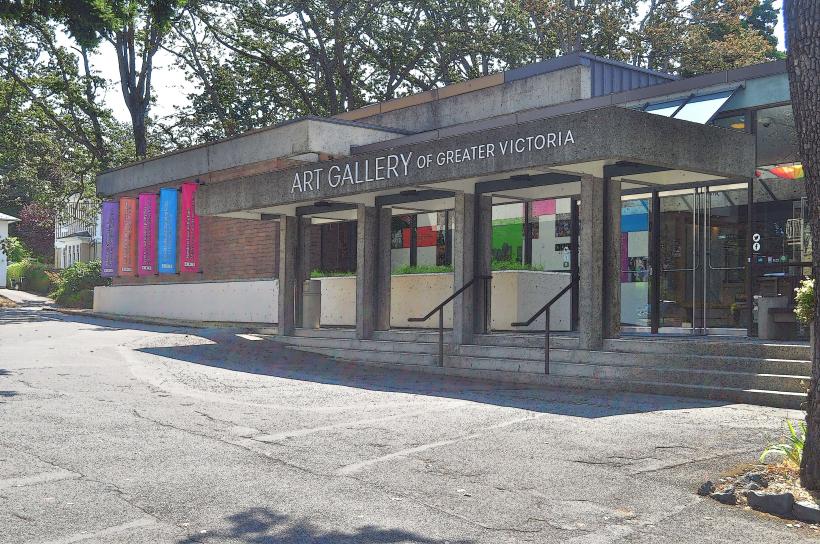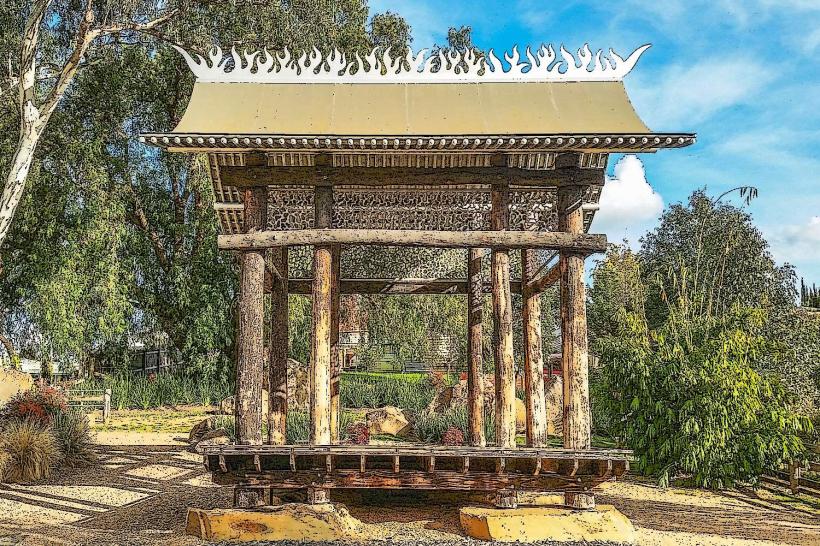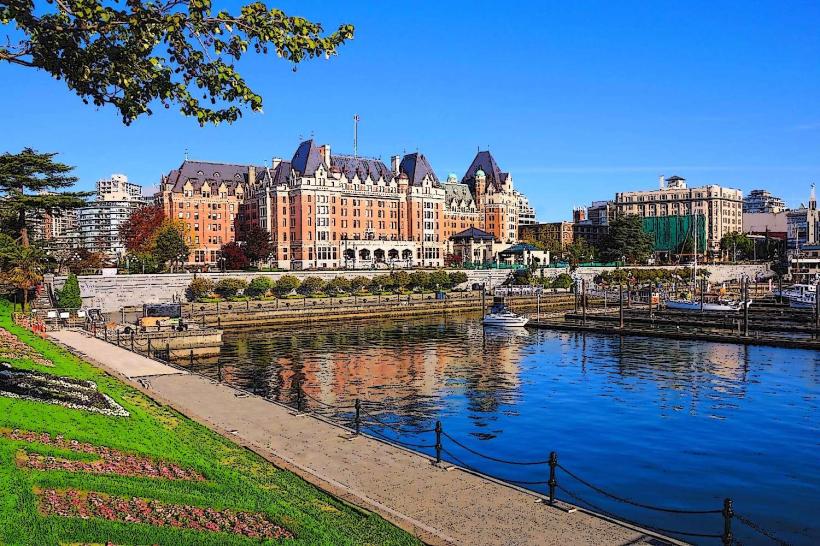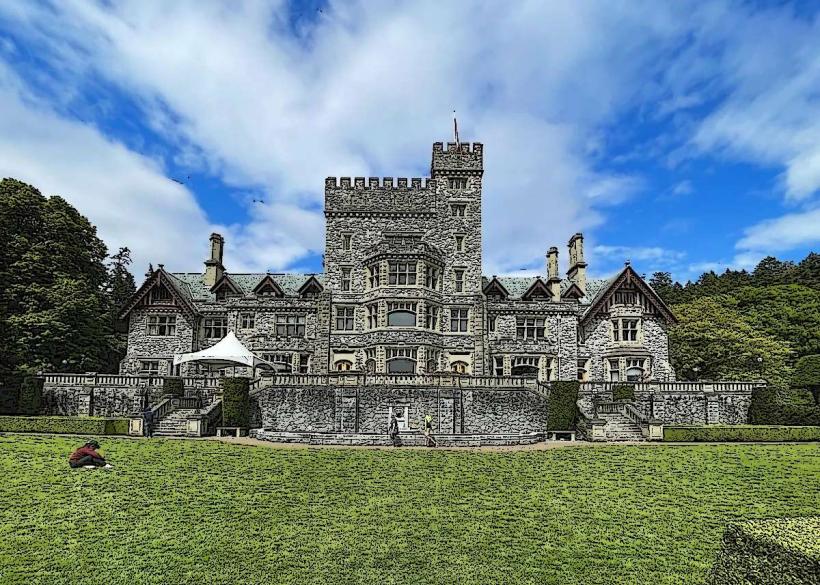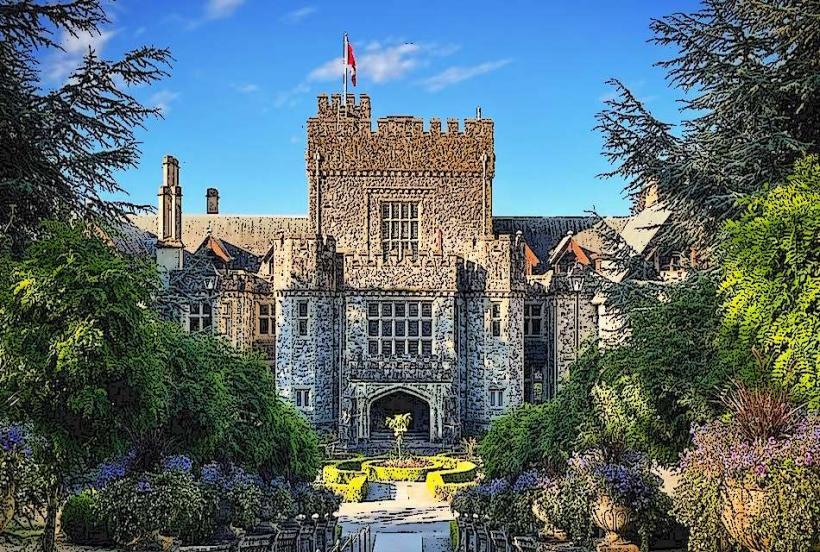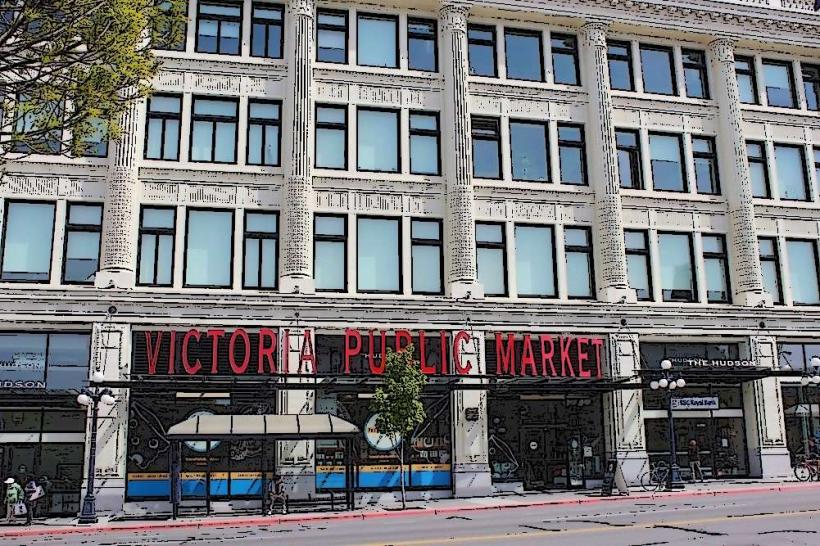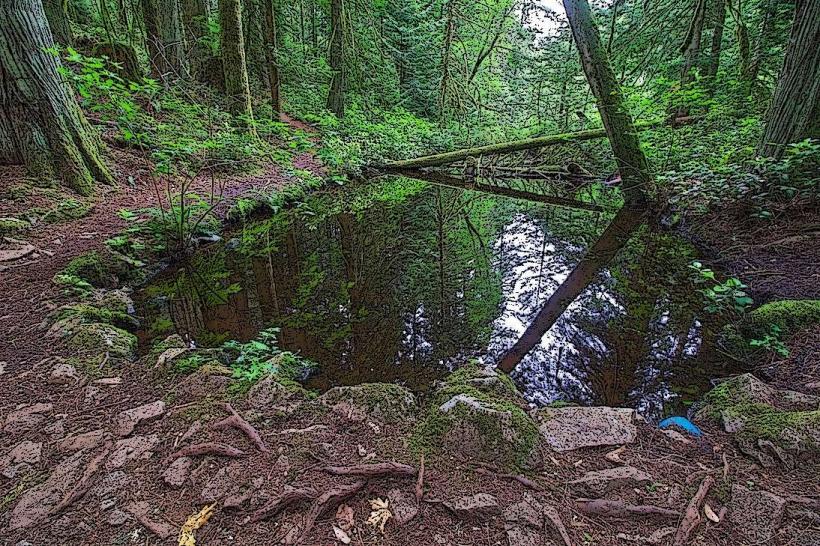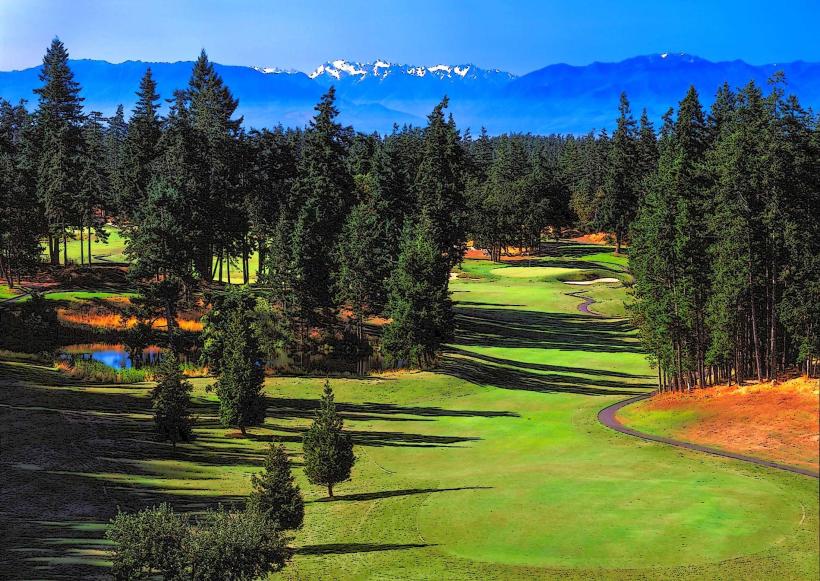Information
City: VictoriaCountry: Canada
Continent: North America
Victoria, Canada, North America
Victoria is the capital of British Columbia, situated on the southern tip of Vancouver Island. Known as the "Garden City," it is characterized by its mild maritime climate, colonial architecture, and a rapidly diversifying economy shifting from government and tourism toward a burgeoning technology sector. In 2026, the city is navigating a significant housing crisis and major multi-modal transit upgrades.
Historical Timeline
1843: Established as Fort Victoria, a Hudson's Bay Company trading post.
1858: Transformed by the Fraser River Gold Rush, serving as the primary supply center for miners.
1862: Incorporated as a city; it remains the oldest city in the Pacific Northwest.
2026: In January 2026, the city is implementing its 2023–2026 Strategic Plan, focusing on the "AAA" (All Ages and Abilities) bike network and expanding 24/7 shelter spaces like the Bridge Street Pathways Shelter to address urban displacement.
Demographics & Population
As of early 2026, the Greater Victoria metropolitan population is approximately 415,000, while the City of Victoria proper holds about 96,000.
Age Structure: Victoria has one of Canada's highest proportions of seniors ($23\%+$ over age 65), though the tech sector is attracting a younger demographic.
Diversity: Approximately 17% of residents are visible minorities. The city sits on the traditional lands of the Lekwungen (Songhees and Esquimalt) Peoples.
Language: English is the primary language, though French and Mandarin are increasingly prevalent in the urban core.
Urban Layout & Key Districts
Inner Harbour: The city’s focal point, containing the Parliament Buildings and the Fairmont Empress.
Chinatown: The oldest in Canada (established 1850s); a National Historic Site featuring the famous Fan Tan Alley, the narrowest street in the country.
James Bay: The city's oldest residential neighborhood, bordering Beacon Hill Park and the cruise ship terminal at Ogden Point.
Rockland: An affluent district featuring historic mansions, Garry oak ecosystems, and Craigdarroch Castle.
Cook Street Village: A vibrant, walkable "urban village" known for its independent cafes and boutiques.
Fernwood: A bohemian hub for arts, community theater, and local breweries.
Top City Landmarks
British Columbia Parliament Buildings: A Neo-Baroque masterpiece designed by Francis Rattenbury, illuminated by over 3,000 lights at night.
Fairmont Empress: A chateau-style hotel famous for its traditional Afternoon Tea.
Royal BC Museum: Home to expansive Indigenous galleries and natural history exhibits.
Butchart Gardens: Located 30 minutes north; 55 acres of themed floral displays, a National Historic Site.
Beacon Hill Park: Features the Mile Zero monument of the Trans-Canada Highway and the world's fourth-tallest totem pole.
Malahat SkyWalk: A new (2021) $40\text{ m}$ spiral tower providing panoramic views of the Finlayson Arm.
Transportation & Infrastructure
BC Transit: In 2026, a single adult fare is $2.50 CAD; a monthly pass is $85.00–$95.00.
Multi-modal Upgrades: As of January 21, 2026, major construction is underway on Blanshard and Cook Streets to install protected bike lanes and new traffic signals.
Aviation: Victoria International Airport (YYY) is the primary hub. Harbor-to-harbor flights via Seaplane (Harbour Air) connect downtown to Vancouver in 35 minutes.
Ferries: The Swartz Bay terminal (30 km north) is the primary link to the mainland, while the Black Ball Ferry (Coho) links the city to Port Angeles, Washington.
Safety & Health
Victoria is considered highly safe for tourists, though it faces social challenges in the core.
Safety Note: Increased street disorder and encampments are present in Downtown and around Pandora Avenue. 24-hour security patrols have been implemented in these areas as of early 2026.
Healthcare: Served by Royal Jubilee and Victoria General hospitals. A new 24/7 medical outreach program was launched in January 2026 to support vulnerable populations.
Digital & Financial Infrastructure
Tech Sector: Often called "Tectoria," the industry now generates over $5 billion in annual revenue, specializing in ocean tech and green energy.
Connectivity: 5G is universal; the city is expanding public Wi-Fi in major parks and the Inner Harbour.
Currency: Canadian Dollar (CAD). Contactless payment is standard; many businesses in the core are now entirely cashless.
Climate & Environment
Climate: Sub-Mediterranean/Oceanic. It has the mildest winters in Canada.
Current Status (Jan 22, 2026): Rainy season. Daytime temperatures average $6^{\circ}\text{C}$ to $9^{\circ}\text{C}$. Snow is rare but can cause total city shutdowns when it occurs.
Garden City: The city holds an annual "Flower Count" in February, often recording over 1 billion blooms while the rest of Canada is frozen.
Local Cost Index (2026 Estimates)
1 Espresso: $5.50–$7.00 CAD
1 Monthly 1-Bedroom Rent (Core): $2,100–$2,600 CAD
1 Mid-range Dinner for Two: $95–$130 CAD
1 Benchmark Single-Family Home: $1.31 million CAD
Facts & Legends
A verified historical oddity is that Victoria was the site of the Pig War of 1859, a bloodless boundary dispute with the U.S. sparked by the shooting of a pig. A prominent local legend involves Market Square, where visitors and staff report the "Crying Lady" ghost, believed to be the spirit of a woman from the 1800s who appears in the lower levels and vanishes when approached.

